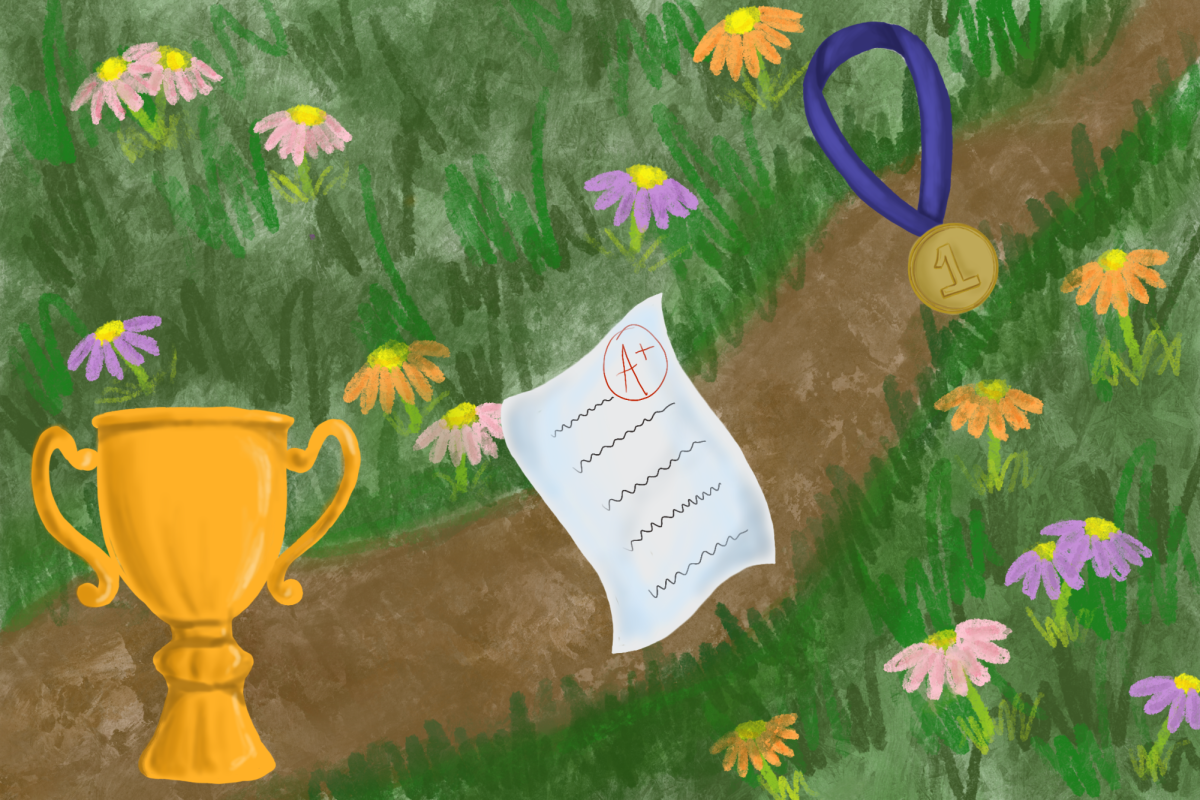When making budget cuts, there is a habit of whittling departments down to only what we deem necessary — what we could not live without. To that end, we tend to look inward during tough times and take stock: What makes us Americans? What makes us Texans? What makes us us?
In his recent cuts to the College of Liberal Arts budget, Dean Randy Diehl ended 100 percent of University funding for three centers, including the Center for East Asian Studies. As a former Daily Texan reporter who covered the University budget crisis from its early rumblings in 2009 to the grim fallout faced today, I understand that these cuts were not an easy choice. I do not envy him.
But I have also walked the streets of Beijing among migrant workers who labor for pitiful wages in baby-blue construction helmets. I have spoken with young women in Shanghai who hope to capitalize on the city’s rising real-estate values and listened to young men worry about scrounging ever more money for a house — a must for any middle-class bachelor in China looking for a fiancée. I have peered through the morning fog of the demilitarized zone between the two Koreas on the 38th parallel, smiling back at the Southern soldiers standing guard nearby. I have spoken with a survivor of the atomic bombing of Hiroshima as an assistant at the BBC’s Tokyo news bureau.
At each step I understood more about my own country’s inextricable connections to the rest of the world, and to East Asia in particular.
I could not have done any of these things — and would not be returning to Beijing in May for language study — without the patience and encouragement of the faculty and staff at the Center for East Asian Studies. To pull all funding from the center now, when China’s rise is featured more prominently (and often, hysterically) in the news than ever before, strikes me as a grave misstep.
After teaching English for a year in the central Chinese city of Xi’an, poet and curmudgeon Bill Holm wrote of how different America looked upon his return. Despite America’s short, 200-odd-year history, he recognized its myriad connections to the rest of humanity and the importance of acknowledging this fact: “We gain nothing by playing ostrich except, conceivably, our own extinction. Either we remember and make conscious connections to the moral and physical lives of others, or we die.”
That is reason enough, I think, to continue supporting the men and women at UT who serve as bridges between the East and West.











